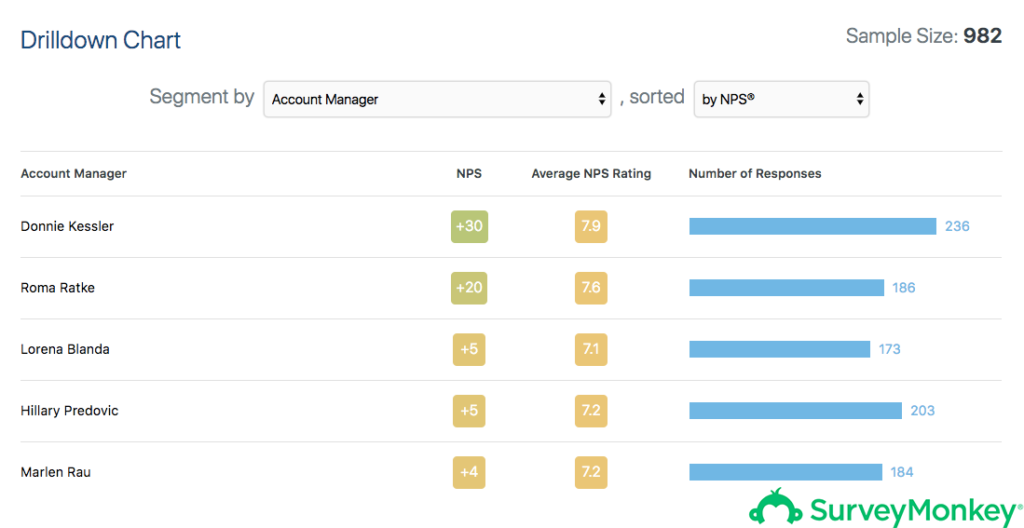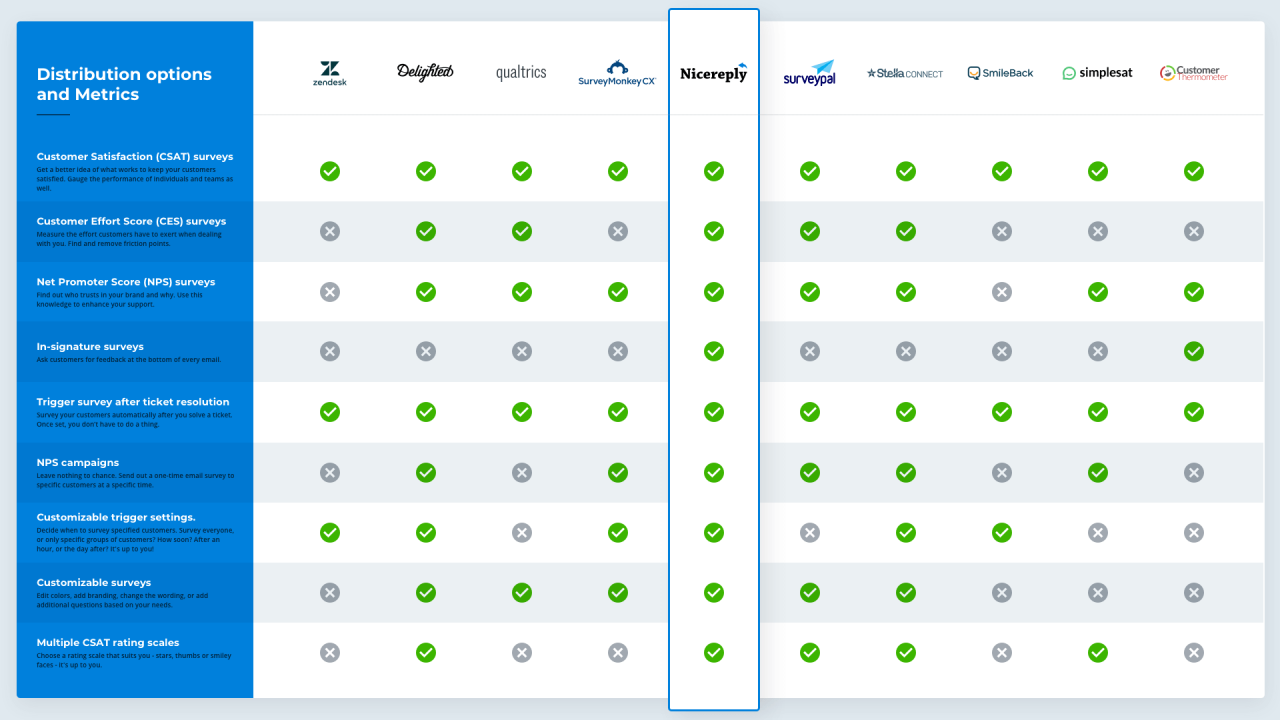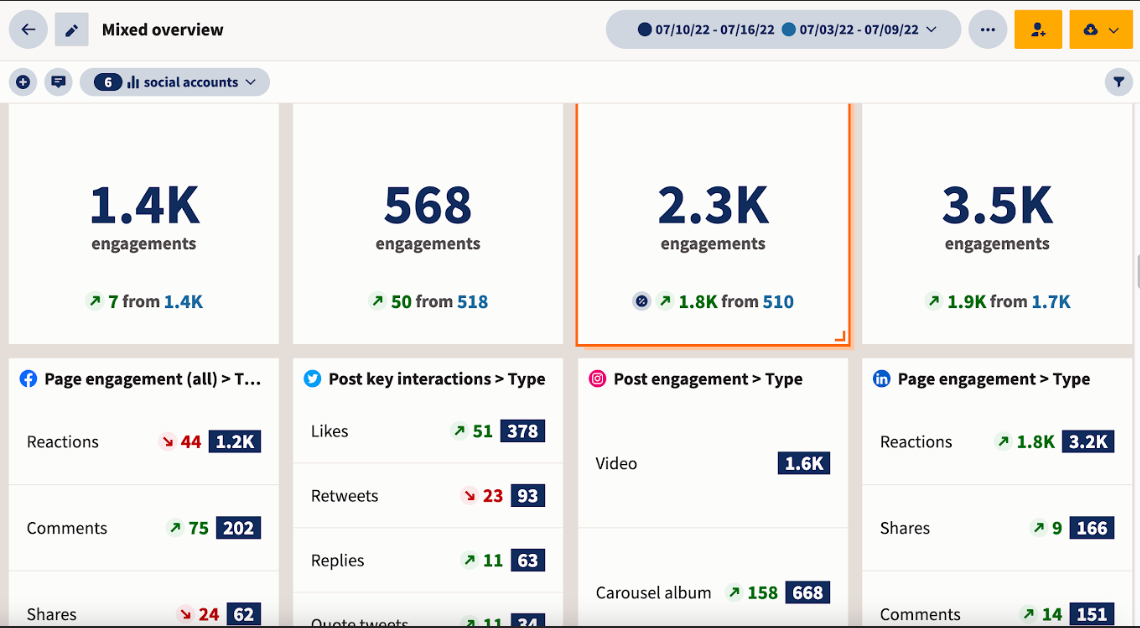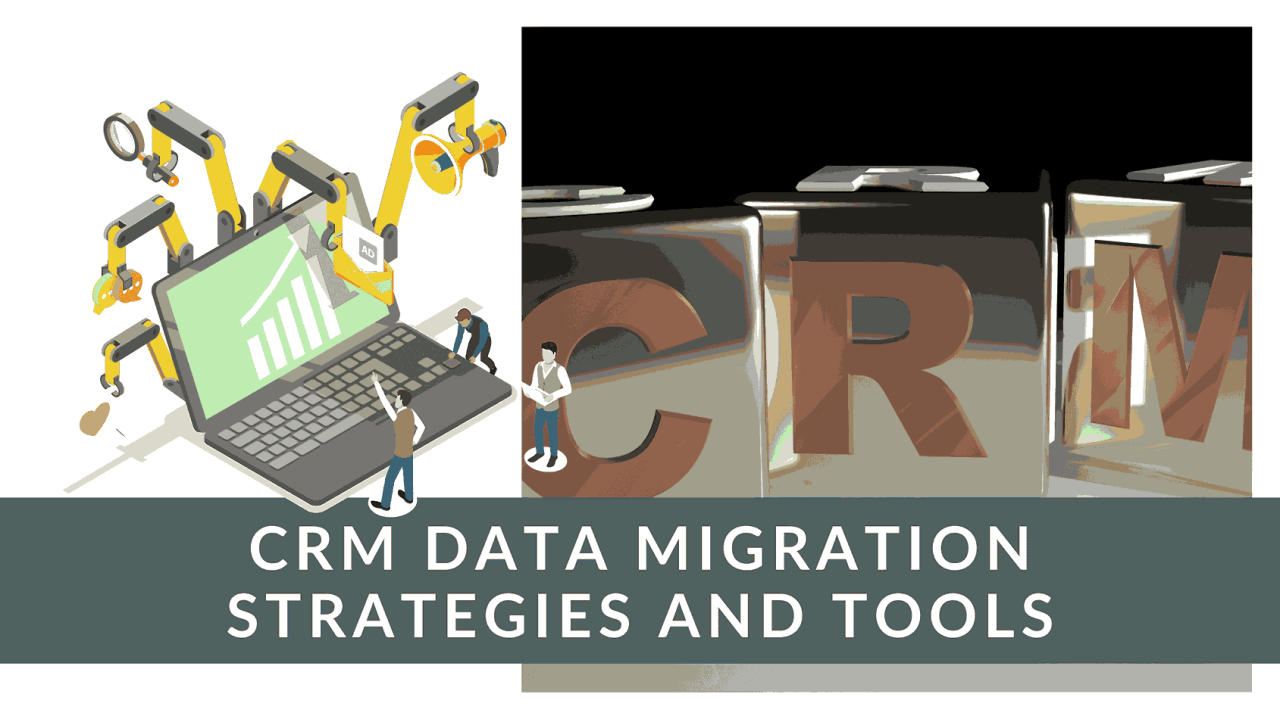Online Survey Tools Comparison
Embark on a journey of discovery with Online survey tools comparison at the forefront, exploring the world of survey tools to find the perfect fit for your requirements.
Overview of Online Survey Tools: Online Survey Tools Comparison
Online survey tools are software solutions that enable businesses and individuals to create, distribute, and analyze surveys to gather feedback, opinions, and data from a targeted audience. These tools offer a convenient and efficient way to collect valuable information for market research, customer feedback, employee engagement, and other purposes.
Key features commonly found in online survey tools include customizable survey templates, multiple question types (such as multiple-choice, open-ended, rating scales), survey logic and branching, real-time reporting and analytics, integration with CRM systems, and data security measures to protect respondent information.
The benefits of using online survey tools for businesses and individuals are abundant. They provide a cost-effective way to collect feedback compared to traditional methods like paper surveys or focus groups. Online surveys can reach a larger audience quickly, allowing for faster data collection and analysis. They also offer the flexibility to customize surveys to suit specific research objectives and target demographics.
When comparing the cost implications of different online survey tools, businesses and individuals should consider factors such as subscription fees, pricing plans based on the number of surveys or respondents, additional features like advanced reporting or white-labeling options, and any hidden costs like data storage or API integrations. It is essential to choose a survey tool that aligns with the budget and requirements of the research project to maximize the return on investment.
Types of Online Survey Tools

Online survey tools come in various types, each with its own set of features and functionalities. Let’s explore the different types of online survey tools available in the market.
Free vs. Paid Online Survey Tools
When it comes to online survey tools, you can choose between free and paid options. Free survey tools typically offer basic features and limited responses, while paid tools provide more advanced functionalities such as customization options, analytics, and integrations. While free tools can be a good starting point for small-scale surveys, paid tools are more suitable for businesses and organizations that require in-depth insights and data analysis.
Cloud-based vs. Self-hosted Survey Tools
Cloud-based survey tools are hosted on the provider’s servers, allowing users to access the platform through a web browser. These tools offer flexibility, scalability, and automatic updates without the need for IT resources. On the other hand, self-hosted survey tools require users to install the software on their own servers, providing more control over data security and customization. However, self-hosted tools may require technical expertise to set up and maintain.
Usability and User-friendliness of Online Survey Tools
The usability and user-friendliness of online survey tools play a crucial role in the overall survey experience. Some tools offer intuitive drag-and-drop interfaces, pre-designed templates, and real-time previews to make survey creation easy and efficient. Others provide advanced features such as branching logic, skip logic, and customization options to create complex surveys. User reviews and ratings can also help determine the user-friendliness of a particular tool.
Popular Online Survey Tools Examples
– Free Online Survey Tools: Google Forms, SurveyMonkey (basic plan)
– Paid Online Survey Tools: Qualtrics, SurveyGizmo, SoGoSurvey
– Cloud-based Survey Tools: Typeform, SurveyPlanet, Zoho Survey
– Self-hosted Survey Tools: LimeSurvey, SurveyMethods, Alchemer
Features and Functionality

When evaluating online survey tools, it is crucial to consider the features and functionality they offer. These aspects can greatly impact the effectiveness and efficiency of your survey projects. Let’s delve into the essential features to look for, customization options, reporting capabilities, and integrations provided by online survey tools.
Essential Features to Look For
- Survey Templates: A wide variety of pre-designed templates to kickstart your survey creation process.
- Question Types: Support for different question types such as multiple choice, open-ended, rating scales, and more.
- Survey Logic: Ability to create branching and skip logic to tailor surveys based on respondent answers.
- Mobile Responsiveness: Ensure surveys are optimized for various devices for a seamless respondent experience.
- Data Security: Robust security measures to protect sensitive survey data from unauthorized access.
Customization Options
- Branding: Customize surveys with your logo, colors, and fonts to maintain brand consistency.
- Question Design: Flexibility in designing and formatting questions to match your survey style.
- Personalization: Tailor survey invitations and messages to resonate with your target audience.
Reporting and Analytics Capabilities
- Real-time Reporting: Instant access to survey results and data to make timely decisions.
- Data Visualization: Graphical representations of survey data for easy interpretation and analysis.
- Filtering and Segmentation: Ability to filter and segment data to uncover trends and insights.
Integrations with Other Software
- CRM Integration: Seamless integration with Customer Relationship Management (CRM) software for enhanced customer insights.
- Email Marketing Platforms: Integration with email marketing tools to reach a wider audience and analyze survey responses.
- Data Analysis Tools: Connect survey data with data analysis tools for in-depth analysis and reporting.
User Experience and Support
In the realm of online survey tools, user experience and support play a crucial role in determining the overall satisfaction of users. Let’s delve into how different survey tool providers fare in these aspects.
User Interface and Navigation
When it comes to user interface and ease of navigation, online survey tools should offer a seamless and intuitive experience. Users should be able to create, design, and distribute surveys with minimal effort. Some tools provide drag-and-drop interfaces, customizable templates, and user-friendly dashboards to enhance usability.
- SurveyMonkey: Known for its user-friendly interface, SurveyMonkey offers a simple and intuitive platform for creating surveys. With a drag-and-drop editor and customizable templates, users can easily design surveys without any technical expertise.
- Typeform: Typeform stands out for its visually appealing surveys and interactive features. The platform offers a smooth navigation experience, making it easy for respondents to engage with the survey content.
- Google Forms: Google Forms provides a straightforward interface that integrates seamlessly with other Google services. Users can create surveys quickly and access real-time responses in a user-friendly dashboard.
Customer Support
Effective customer support is essential for users who may encounter technical issues or have questions about using the survey tool. Different providers offer various support options, including email support, live chat, phone support, and help documentation.
- SurveyMonkey: SurveyMonkey offers email support and an extensive knowledge base with tutorials and guides to help users navigate the platform. The platform also provides community forums where users can seek advice from fellow users.
- Typeform: Typeform offers email support and live chat assistance for users facing technical difficulties. The platform also provides a comprehensive help center with articles and resources to address common issues.
- Google Forms: Google Forms primarily relies on online help documentation and community forums for user support. While direct customer support options are limited, users can find solutions to common problems through the platform’s resources.
User Feedback and Reviews, Online survey tools comparison
User feedback and reviews offer valuable insights into the overall experience users have with online survey tools. Analyzing user reviews can help prospective users make informed decisions when choosing a survey tool provider.
- SurveyMonkey: Users appreciate SurveyMonkey’s user-friendly interface and robust features for survey creation. However, some users have reported limitations in customization options for advanced surveys.
- Typeform: Typeform receives praise for its visually appealing surveys and interactive design features. Users find the platform engaging and easy to use, but some have noted limitations in the free version.
- Google Forms: Google Forms is lauded for its simplicity and seamless integration with other Google services. Users appreciate the platform’s ease of use, but some have expressed a desire for more advanced features.
FAQ Summary
What are the key features to look for in online survey tools?
Essential features include survey customization options, reporting capabilities, and integrations with other platforms.
How do free online survey tools differ from paid ones?
Free tools offer limited features and support, while paid tools provide more advanced functionalities and better customer service.
Which online survey tools are known for their user-friendliness?
SurveyMonkey and Google Forms are popular choices due to their intuitive interfaces and ease of use.






